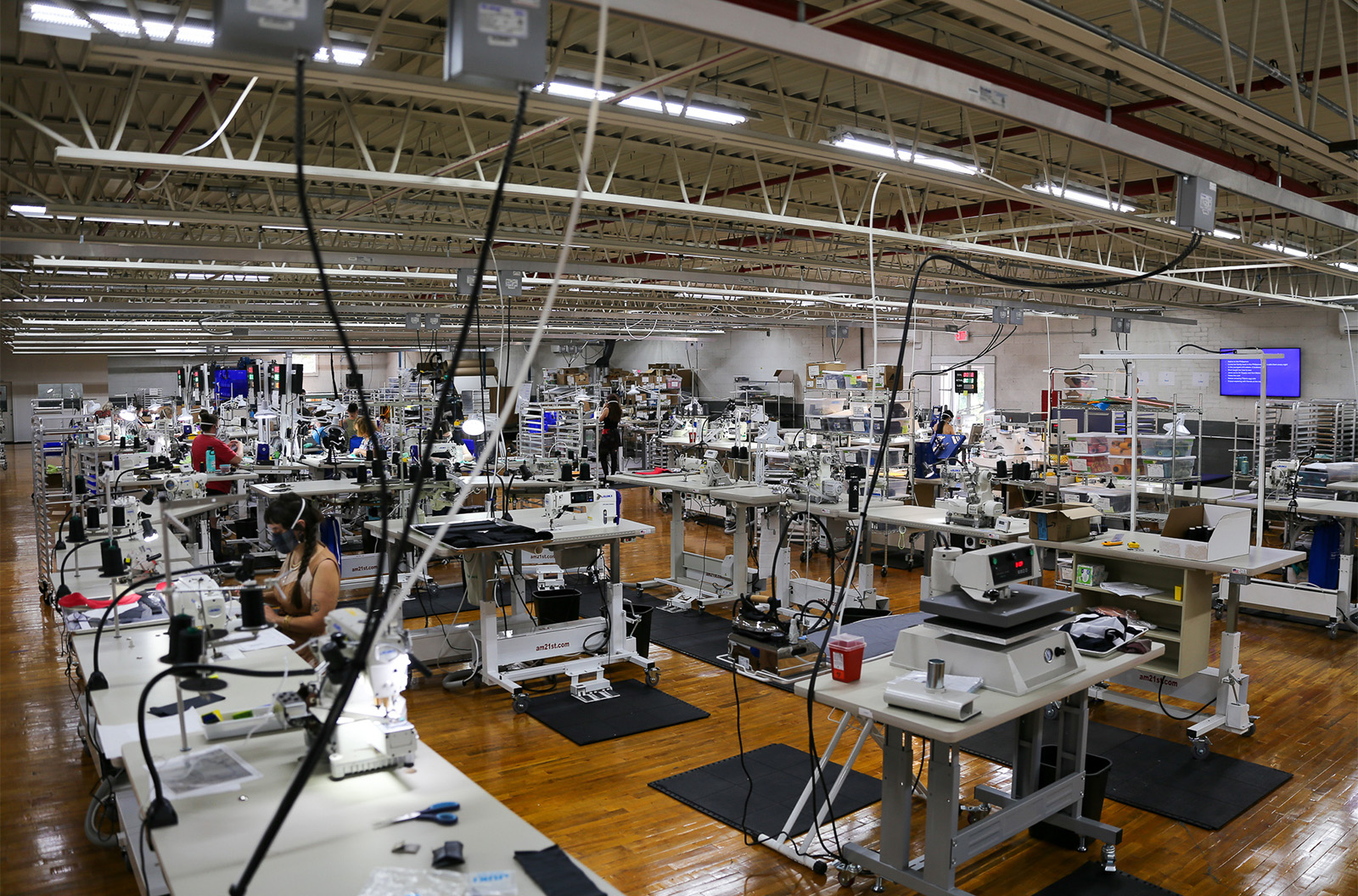
A few years ago, Kitsbow undertook an incredibly ambitious plan to move to Old Fort, North Carolina, and bring all of their apparel production to the United States, after years of working with overseas factories. And not only did they do just that, but in doing so they trained an entirely new workforce and spearheaded the revitalization of their new hometown, which had been losing manufacturing jobs for decades. So we brought their CEO, David Billstrom, back onto the show to talk about how they did that while weathering a global pandemic; how doing so has been a boon to the brand, their customers, and their local community; and how they hope to be a blueprint for other companies to do the same.
TOPICS & TIMES:
- Covid shields and facemasks (2:22)
- Moving to North Fort, NC (7:58)
- The Toyota Way (22:37)
- Domestic manufacturing & efficiency (29:14)
- Revitalizing a community (35:25)
- Employee purchase as a Public Benefit Corporation (50:12)
- David’s Big Idea (57:46)
RELATED LINKS:

$200 bike shorts is a hard price to swallow; however, I will say David made me take a second look. I think two aspects got me. The first is the land fill/supply chain hole. I don’t feel good contributing to that. And I’m a mid-Atlantic/Appalachia guy. Give me the mountains over the beach just about any day of the year, or any year of a decade. And he’s right. Not confined to one state, but when you look at the history of this area, it’s pretty hard. Once the coal is/was gone, the mountains don’t favor factories or development. And its not flat enough for farming. It’s humid, the mosquitos suck, it’s hot as hell in the summer. But it’s beautiful. And great for biking if you’re good with hills and rocky soil. They give and take, but they are never boring. Thanks David et al. for bringing something back. I can support that.
Very informative, thank you.